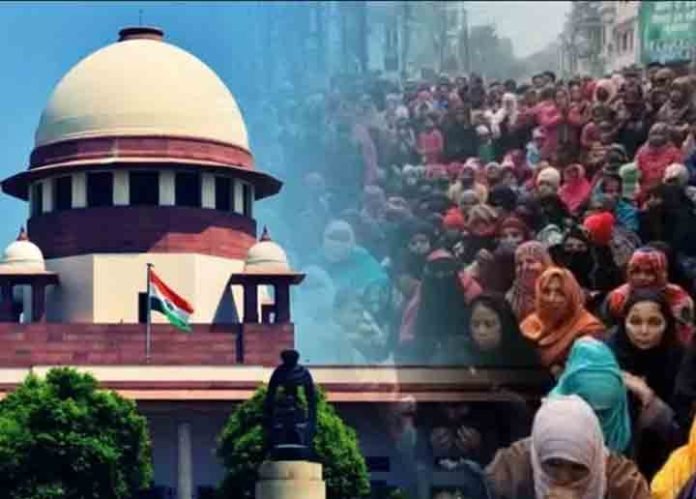A Landmark Decision : In a landmark ruling, the Supreme Court has significantly restricted the arrest powers of the Enforcement Directorate (ED), marking a pivotal moment in India’s legal landscape. The apex court’s decision, delivered by the bench of Justice Abhay S. Oka and Justice Ujjal Bhuiyan, carries far-reaching implications for cases under the Prevention of Money Laundering Act (PMLA) and underscores the judiciary’s commitment to upholding fundamental rights and procedural fairness.
Background and Context
The ruling stems from a crucial interpretation of Section 44 of the PMLA, which delineates the ED’s authority to arrest individuals implicated in money laundering offenses. Previously, the ED possessed broad discretion to effectuate arrests without judicial oversight, often leading to concerns about arbitrary detention and abuse of power. However, the recent verdict introduces a vital safeguard by stipulating that if a special court takes cognizance of a case under Section 44, the ED is precluded from making arrests without judicial approval.
Implications for Enforcement Proceedings
One of the key ramifications of the Supreme Court’s pronouncement is the requirement for the ED to seek judicial authorization before apprehending individuals who have responded to court summons. This procedural safeguard not only bolsters the rights of the accused but also promotes transparency and accountability within the enforcement framework. By mandating judicial scrutiny prior to arrest, the court reaffirms the principle of due process and mitigates the risk of arbitrary or unlawful detention.
Clarification on Bail Conditions
In elucidating the nuances of bail conditions under Section 45 of the PMLA, the Supreme Court elucidated that individuals appearing in response to court summons should not be automatically considered in custody. This clarification dispels ambiguity surrounding the bail application process and affirms the presumption of innocence until proven guilty. Moreover, by exempting such individuals from the dual conditions of Section 45, the court eliminates unnecessary procedural hurdles and streamlines the adjudication process.
Procedural Safeguards and Legal Precedents
The Supreme Court’s decision underscores the importance of procedural safeguards in safeguarding individual liberties and ensuring fair and impartial adjudication. By mandating judicial oversight and adherence to due process norms, the court strikes a delicate balance between law enforcement imperatives and safeguarding constitutional rights. Furthermore, the ruling aligns with established legal precedents emphasizing the primacy of judicial discretion and the principle of proportionality in enforcement actions.
The Supreme Court’s ruling represents a watershed moment in India’s legal jurisprudence, heralding a paradigm shift in the enforcement of anti-money laundering laws. By curbing the arbitrary exercise of arrest powers and enhancing procedural safeguards, the court reaffirms its commitment to upholding the rule of law and protecting individual rights. Moving forward, it is imperative for law enforcement agencies to adhere to the principles enunciated by the court and ensure that enforcement actions are conducted in a manner consistent with constitutional values and procedural fairness.
















